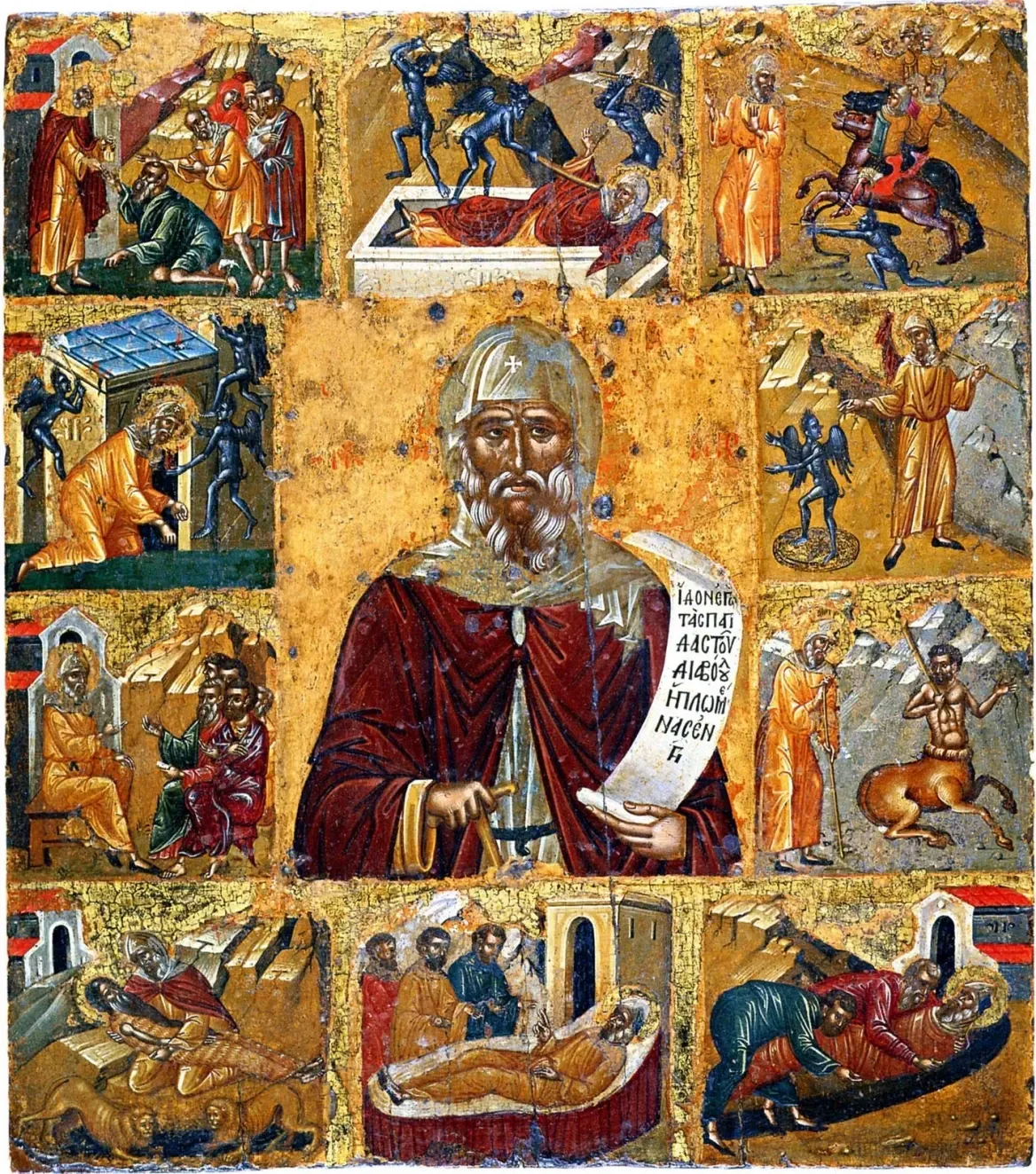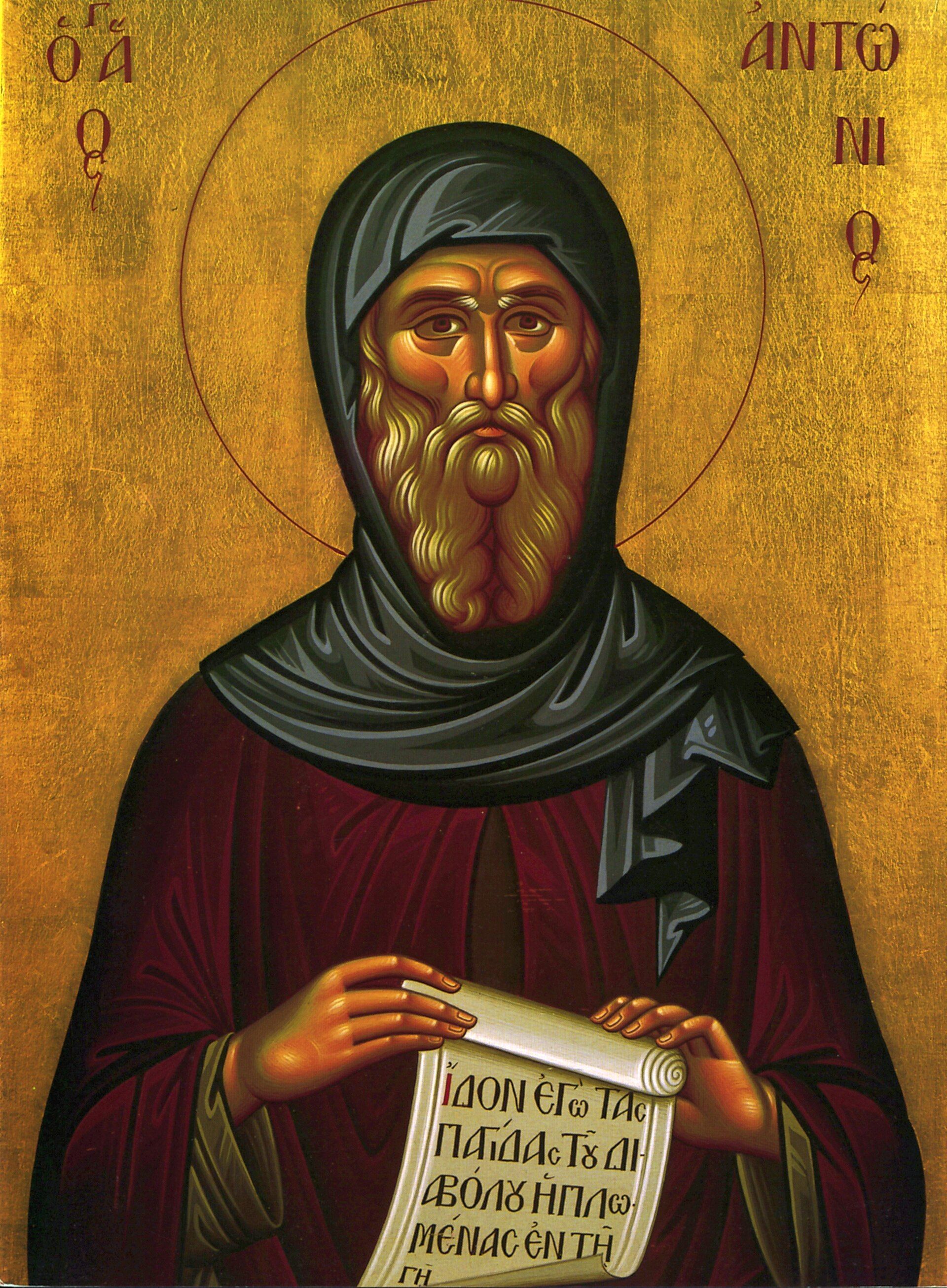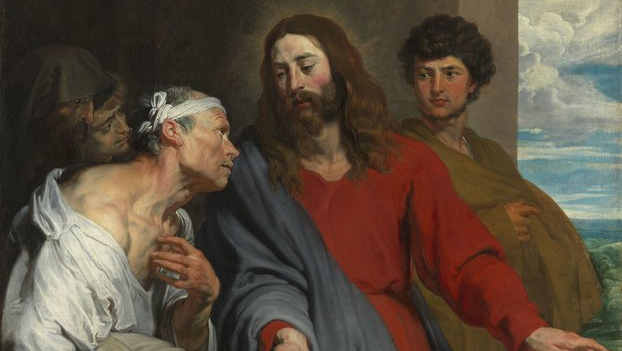Message of Abbot Paul - Wednesday - 17th January 2024
Abbot Paul • January 16, 2024



St Antony of Egypt is one of the best known and most loved saints of the Western and Eastern Churches and one in whom we recognise our unity in the search for God through the monastic life. He was one of the first monks in the history of the Church and his life is well documented. In fact, The Life of Antony was written by St Athanasius of Alexandria. Monasticism was a spontaneous movement, a charismatic form of Christian life that arose all over the Christian world and particularly in North Africa and the Middle East in the third century, because of the desire among many Christians to live strictly according to the Gospel and the teaching and example of Jesus. St Antony, a Copt, was born in January 251 and died on this day in the year 356. He is regarded as the Father of all Monks.
Today’s Gospel passage from Mark, (Mk 3: 1-6), continues the theme of yesterday’s Gospel: the observance of the sabbath and of the prescriptions of the Law by Jesus and his disciples. Yesterday the criticisms of the Pharisees concerned the disciples pickling ears of corn and eating them on the sabbath, whilst today it’s a case of Jesus working a miracle of healing on the sabbath. “Jesus went into a synagogue, and there was a man there who had a withered hand. And they were watching him to see if he would cure him on the sabbath day, hoping for something to use against him.” We are very early on in the Gospel narrative and yet the Pharisees are not only vociferous in their opposition to Jesus, but are already out to destroy him. They sound to me rather like the enemies and critics of Pope Francis. They have seen and heard him and they find his attitude and behaviour intolerable. They are also afraid of losing control over the crowds. “He said to the man with the withered hand, ‘Stand up out in the middle!’ Then he said to them, ‘Is it against the law on the sabbath day to do good, or to do evil; to save life, or to kill?’ But they said nothing.” Jesus is now prepared to heal the man with the withered hand on the sabbath. He does not intend breaking the Law but interpreting it according to the teaching of the prophets. We remember the words of the prophet Hosea (Hos 6: 6), ‘I desire mercy, not sacrifice.’ It is permitted to perform an act of kindness, indeed to save a life, on the sabbath and the Pharisees know this only too well. They refuse to reply to Jesus’ question. “Then, grieved to find them so obstinate, he looked angrily round at them, and said to the man, ‘Stretch out your hand.’ He stretched it out and his hand was better. The Pharisees went out and at once began to plot with the Herodians against him, discussing how to destroy him.” It’s a question of charity over hardness of heart, the love and mercy of God over the avid desire for control to which the Pharisees are addicted. Jesus reveals the heart and mind of God, yet the Pharisees have hearts and minds that are closed to the love and mercy of God. They would rather see a man suffer and condemn him as a sinner than see him converted and healed.
Lord, protect us from thinking and acting as the Pharisees did. Through the power of the Holy Spirit, conform our hearts to the heart of our heavenly Father, made visible in you, Christ Jesus our Lord and Saviour. Amen.









